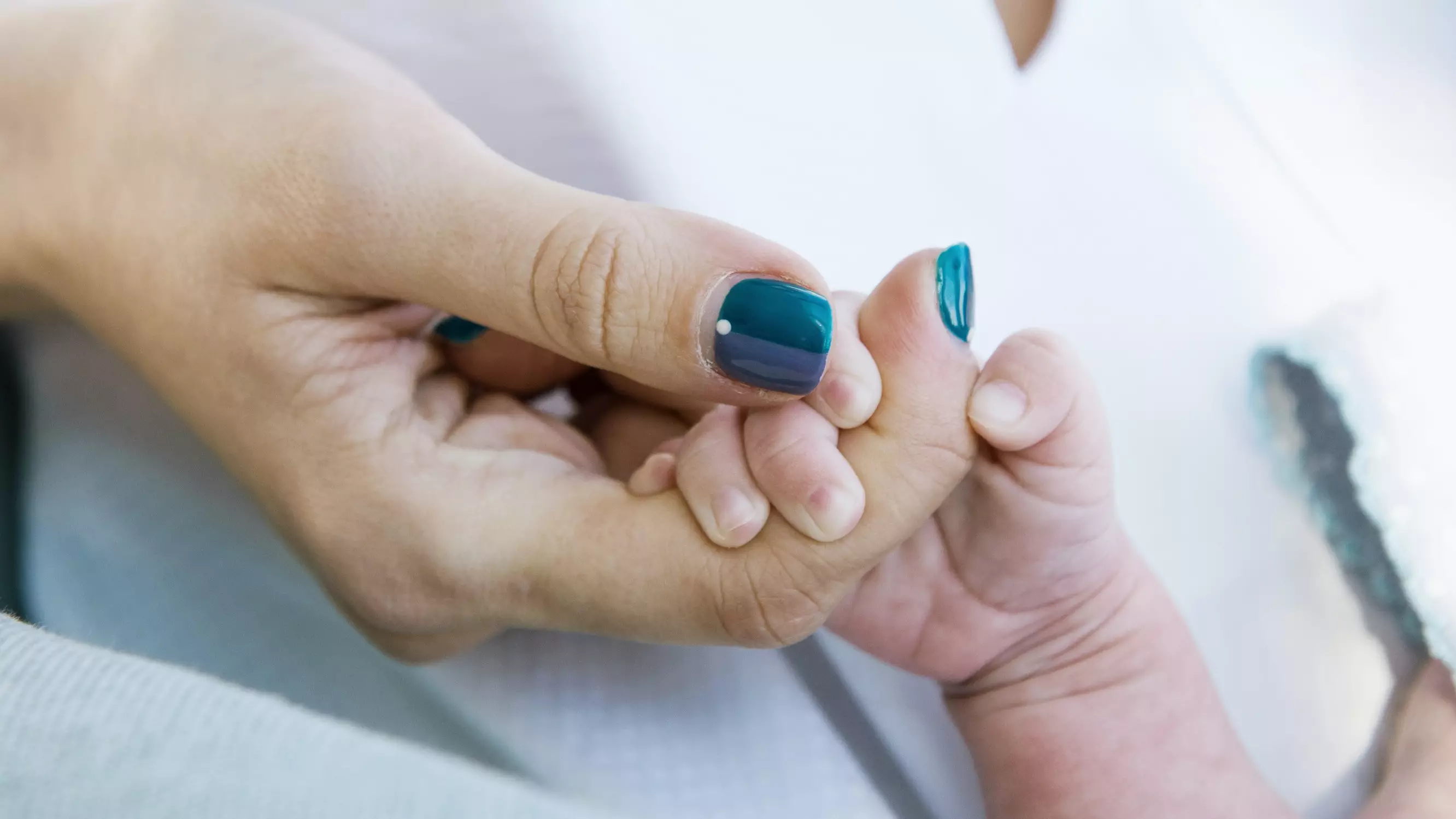
When you hear horror stories about traumatic births, there's one word that has the power to make women wince more than any other: tearing.
However, the shocking truth is that perineal trauma - which includes tears, grazes or an episiotomy - affects nine out of 10 first-time mothers who have a vaginal birth.
For future or prospective mothers, it's enough to make you do a full body shudder, but sadly tearing is an all too real reality for many women which goes hand-in-hand with birth trauma.
Advert
However, while this has traditionally been an inexplicably taboo subject, women are finally starting to speak out about the reality of tearing - and we are so here for it.
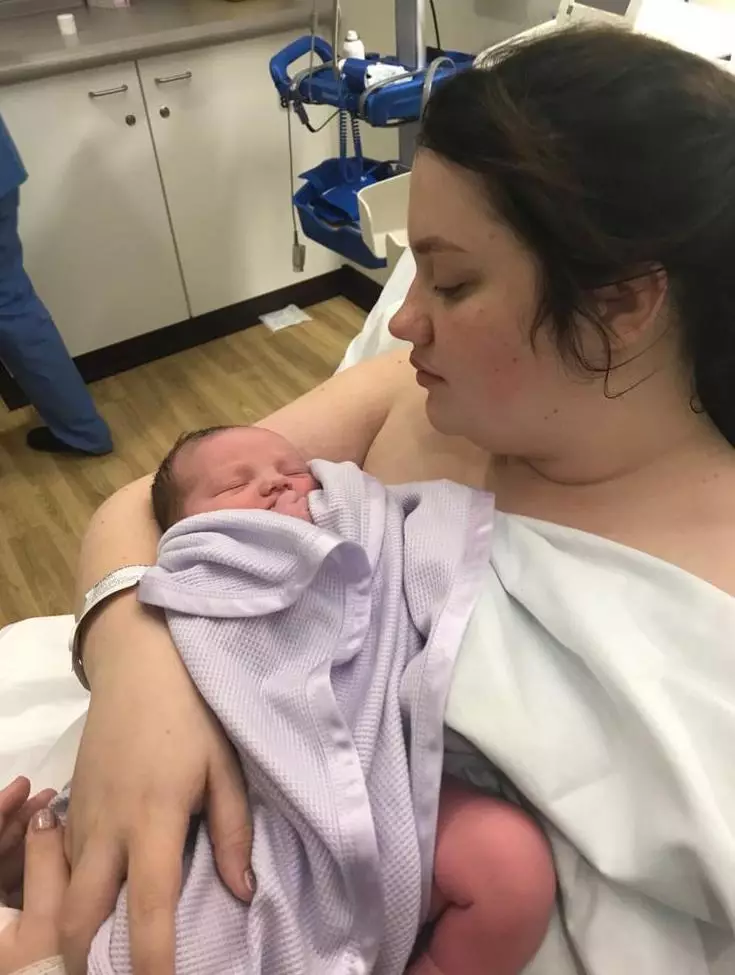
One of these women is Misha Clarke, 21, from Cumbria, who was 19 when she gave birth to her first baby Cade - now two.
An arduous 42-hour labour resulted in a severe third-degree tear to her perineum (that's the skin and muscle between the vagina and anus) extending through to the anal sphincter muscle.
Advert
Misha also suffered deep lacerations to the inside of the vaginal wall, periurethral tears (at the top of the vagina, near the urethra) and her labia tore.

The new mum has to received seven stitches in total and recalls thinking "it looked like the midwife was sewing a blanket."
The tearing severely impacted Misha's early days of motherhood. The first in her friendship group to have a baby, she didn't even know perineal tearing could occur, but was left with severe pain and swelling for two months after birth where she was barely able to sit down or walk without being in agony.
Advert
Terri-Ann Howarth, 30, from Bolton gave birth to her first child, a baby boy called Odin, just three days after the country went into lockdown in March.
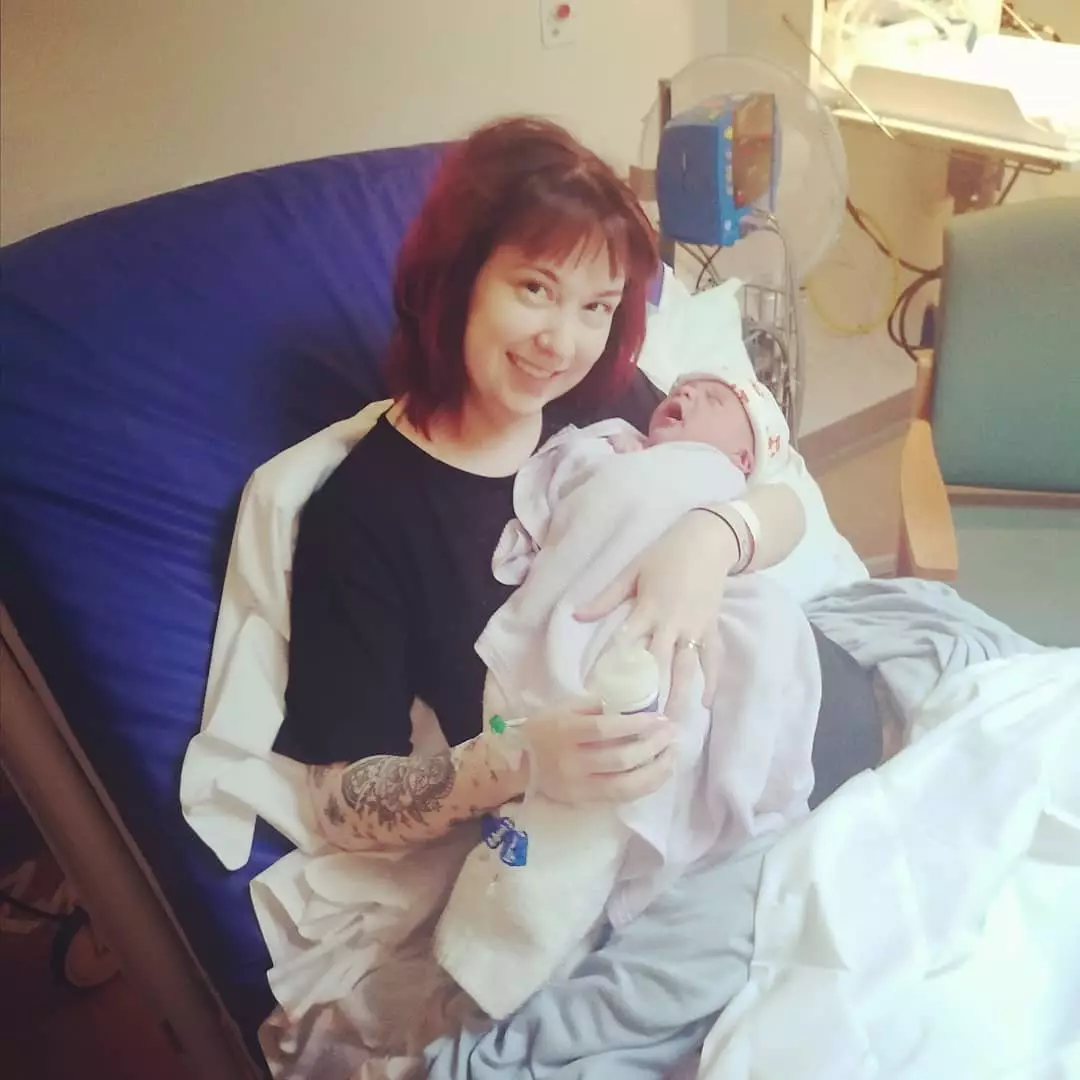
Terri-Ann was in labour for gruelling three days and ended up having to have a hormone drip and epidural while her midwife ended up having to deliver her baby with forceps after giving Terri-Ann a episiotomy - an incision performed on the perineum to make the vaginal opening bigger.
Suffering major blood loss too, Terri-Ann called the whole ordeal "just horrendous" aside from welcoming her beautiful baby boy.
Advert
When the new mum eventually could take a shower on her own and worked uptake courage to look down there, she said she cried at what she saw.
Now, 12 weeks after the birth, she tells Tyla: "Even trying to talk about my labour now it makes me tear up. I still get really anxious whenever I think about it, to the point where I would seriously consider a caesarean if I were to have another baby."
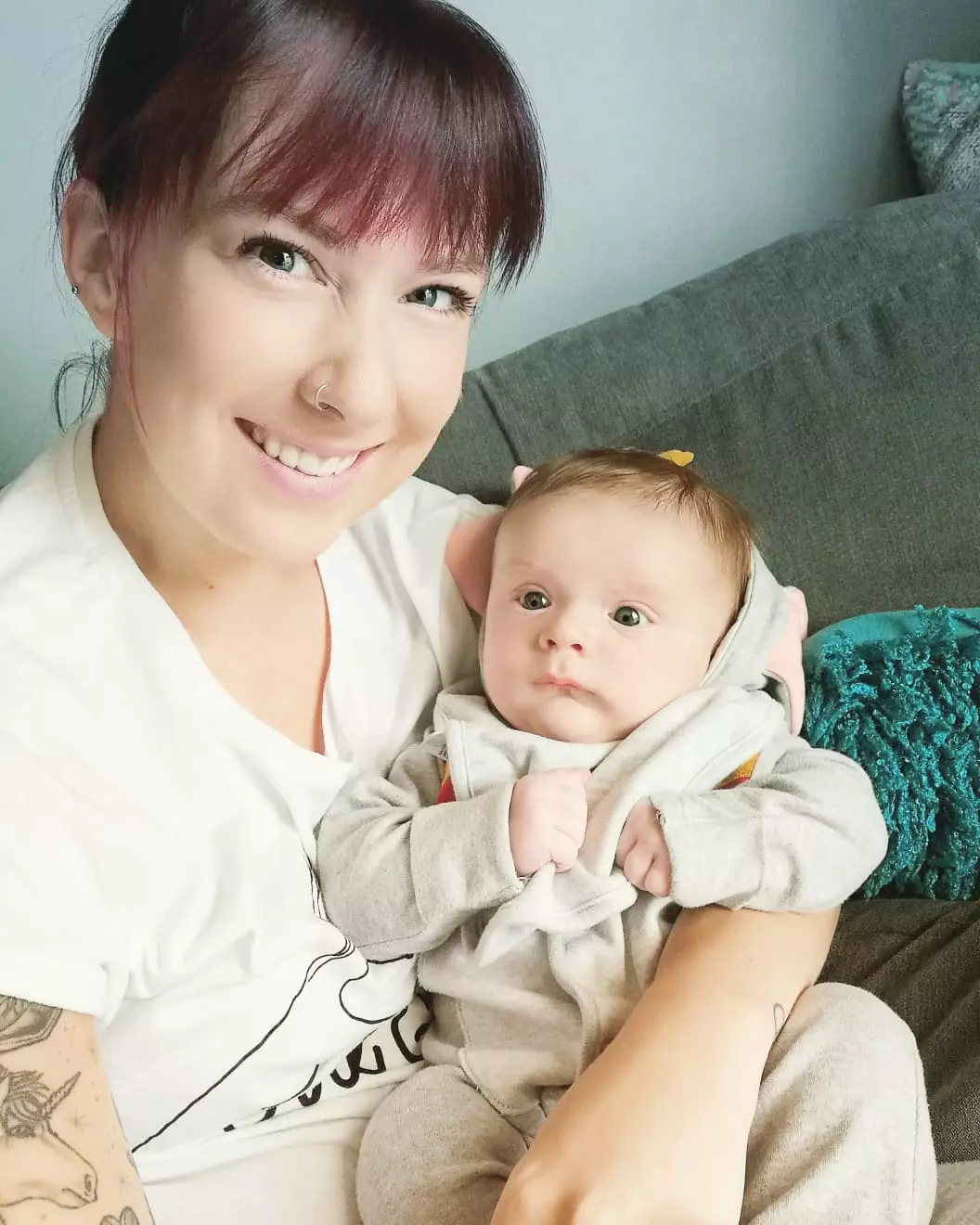
Although Terri-Ann tried to do perineal massage in the final weeks of pregnancy - whereby you stretch and massage the vaginal opening to prepare it for birth - she struggled at first and after some initial embarrassment sought help from her husband.
Advert
"It's one of those things (like flossing your teeth) that you don't want to do but know you should," she said. "If I were to have another baby, I would start perineal massage earlier and do it more often - anything to reduce the chance of tearing during delivery and to avoid going through another horrific childbirth experience."
Misha and Terri-Ann's stories are not uncommon, yet there still seems to be a stigma around perineal trauma.
Skincare brand for pregnancy, new mums and newborns My Expert Midwife is attempting to normalise the conversation and educate people about tearing and birth trauma with their new campaign #PowerToThePerineum.
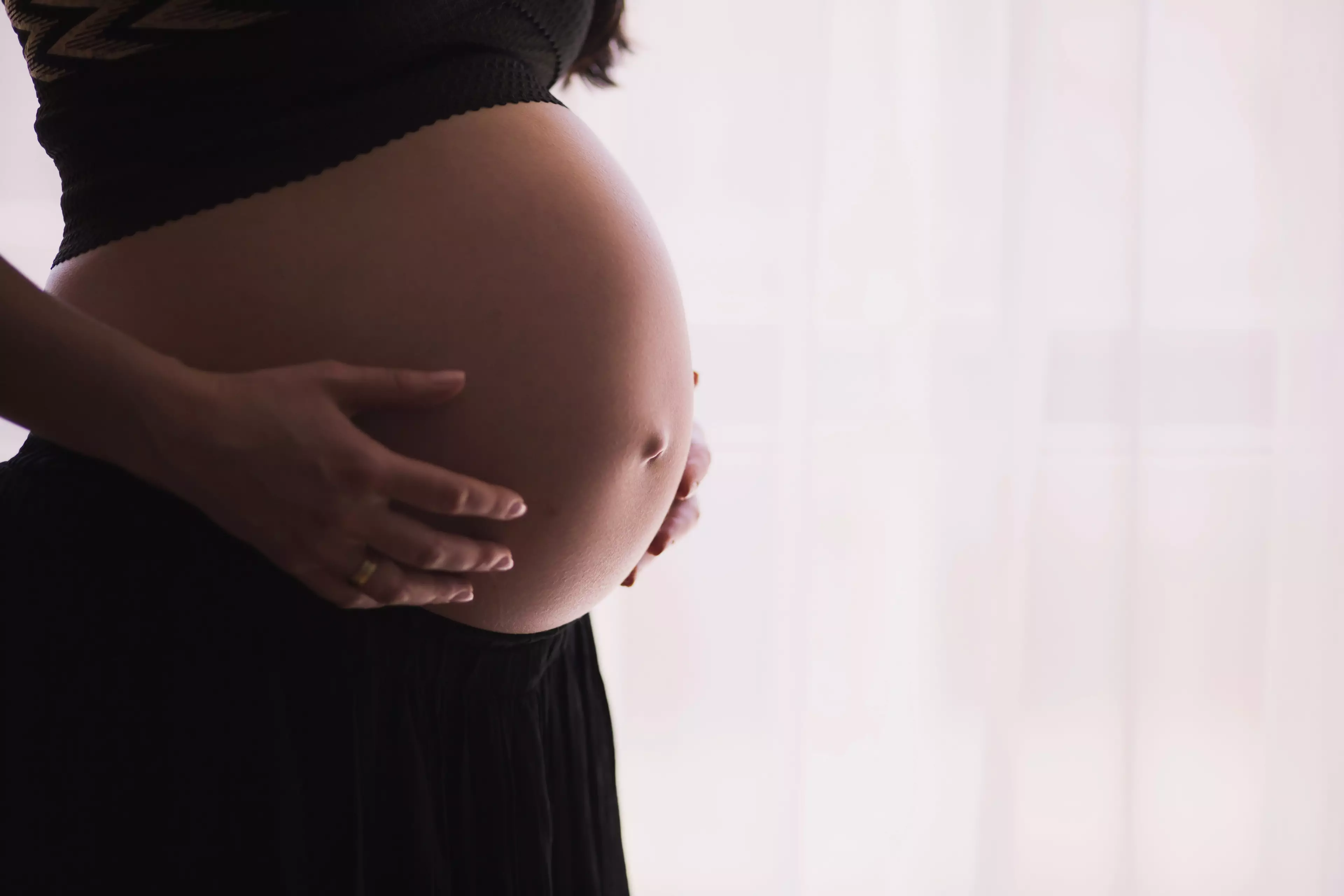
They found through new research that one in three UK women did not know that they might sustain perineal trauma when giving birth.
What's more, their findings around perineal massage - which can prevent the trauma - was even more worrying, as they found over half (53 per cent) of UK women believe there is a stigma associated with it.
Twenty-nine per cent were embarrassed to discuss the subject and a further 71 per cent claim the lack of discussion about this in the media means it is not normalised in society.
Let's hope we can start normalising a subject that many of us will have to deal with.
Featured Image Credit: Pexels